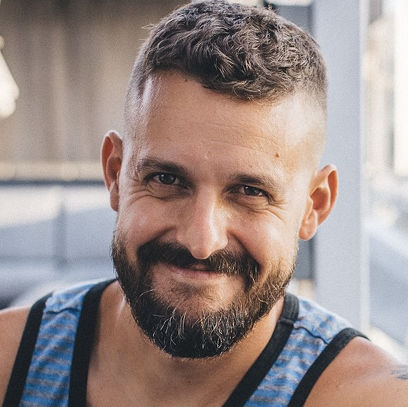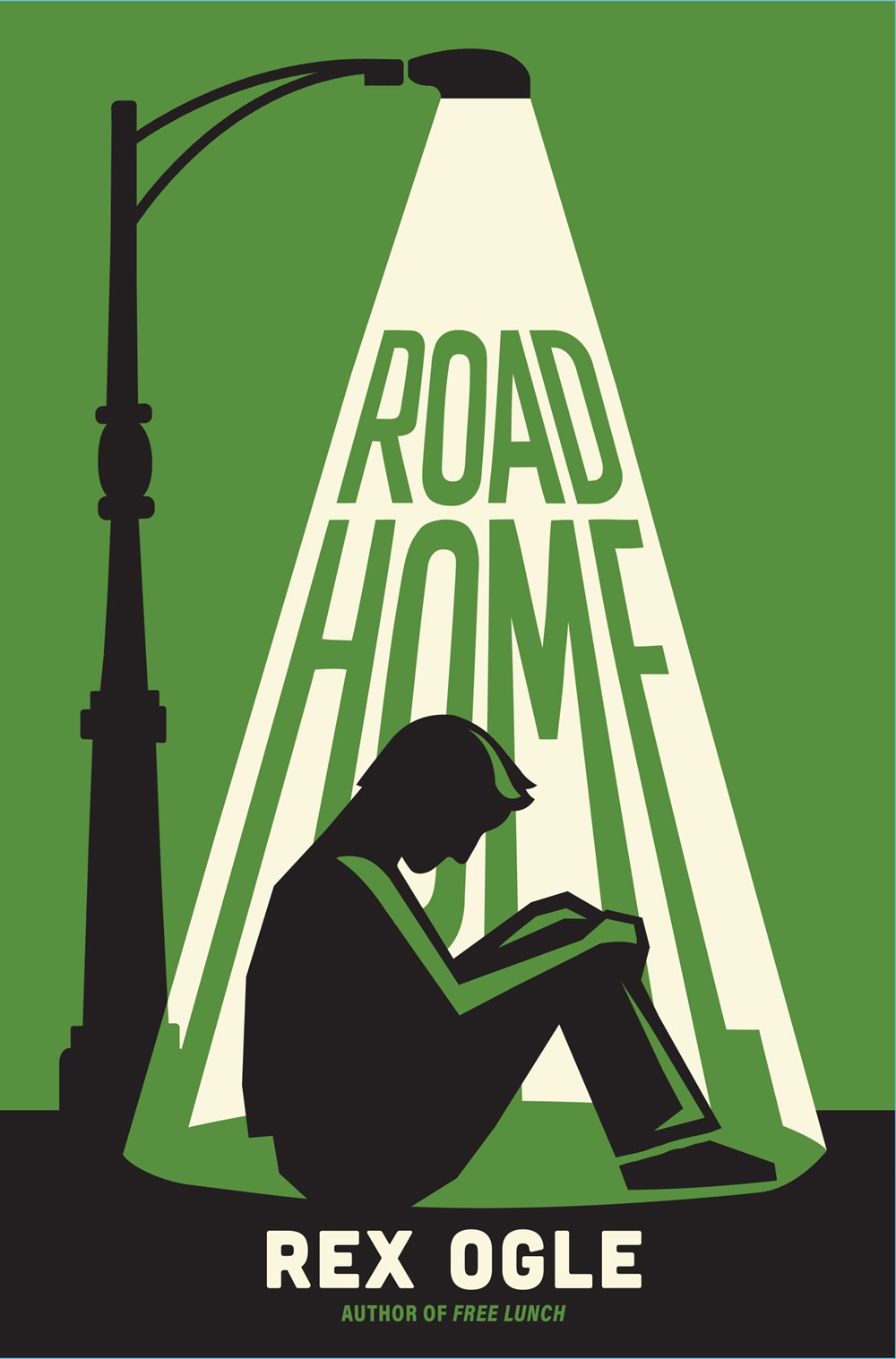Discussing Difficult Subjects with Youth
Book banning is all over the news these days, most often targeting books with “questionable content” related to graphic violence, sexual exploration, or, frequently, themes focused on queerness and race. I believe the adults proposing these bans are doing what they think is best for children. But we—as a society—need to ask ourselves: why is that content questionable? And could these books in fact be an essential tool to broaching tough topics with kids?
In tenth grade, I took AP World History with Mrs. Telford at my high school in Texas. She was an unusual teacher in that she not only taught directly from history textbooks, but also from outside works that took in-depth looks at everything from queer historical figures such as Alexander the Great to lesser-known atrocities like the Holodomor, the 1932 starvation of millions of Ukrainians due to Soviet policies.
Discussing difficult topics with students isn’t easy. But Mrs. Telford believed it was necessary to teach about the true horrors of WWII internment camps and the Tulsa Race Massacre of 1921. Her lessons covered firsthand accounts of slavery, religious persecution, fanatical terrorism, the forced extinction of animals, nuclear warfare, and so on. She wanted to share that the history of humanity isn’t always pleasant, but it’s important to learn it so we can avoid repeating the mistakes of the past.
Mrs. Telford was reprimanded on several occasions as a result of guardians’ discomfort with those lessons. Some parents were likely not prepared for, or comfortable with, discussing sensitive issues. Perhaps they thought it better to question the educator’s efforts than take responsibility for frank conversations that children want and need.
There will always be those who prefer to avoid certain subjects with youth. But I’m with Mrs. Telford: open, honest communication is the only way to grow our compassion and empathy as a global community.
Modern youth are stronger, smarter, and more resilient than many adults give them credit for. While they may enjoy Marvel superheroes, black-and-white manga, and slice-of-life stories that dabble in romantic notions, they also crave real stories about their peers, family issues, and society in general. They want to understand their world in a more intimate way. So rather than shy away from issues that might be hard to address, my advice is to lean into them.
That’s what I’ve done with my writing. My first book for middle graders, Free Lunch (Norton, 2019), tackled my experience of poverty in sixth grade. Punching Bag (Norton, 2021) followed, dealing with the domestic violence I faced at home in junior high. My newest young adult memoir, Road Home (Norton, 2024), chronicles the summer I lived on the streets of New Orleans after my father kicked me out for being gay. Writing Road Home—and revisiting the darkest chapter of my life—was the hardest thing I’ve ever done. But there are millions of teens, many of them LGBTQ+ youth, who are living on the streets today. It’s for them that I wrote this story, and for the many young people who don’t realize what some of their peers are facing.
Since Free Lunch was published in 2019, I have had hundreds of educators reach out to me, thanking me for sharing a story that resonates with so many of their students. Some read the book to their class, chapter by chapter, and discuss it afterward. Some have told me they have students who won’t read, yet finished my book and started it again. Others have gone to school boards and had it placed on their approved and recommended reading lists because they saw a need for it in their impoverished communities. And many teachers and librarians have invited me to have frank conversations with their classrooms about moving past the pain that sometimes comes with growing up in our world.
All of these messages encourage me to keep writing, both nonfiction and fiction, in prose and in graphic novels, about hardships that still plague our world. We are finally entering a phase in behavioral evolution where we can openly discuss racism, sexism, weight bias, xenophobia, age discrimination, homophobia, intolerance, and mental health. I couldn’t be more excited for this communal honesty, but there are still subjects that remain taboo in some circles. A lot of that has to do with sheltering our youth from brutal realities before they’re ready. But they’re more ready than you might think.
When I was a kid, I was privy to information through a handful of TV channels, newspapers, my parents, and the library. Now, adolescents are engaging with the vast world of the internet, host to everything from violent YouTube videos and misinformation to online bullying and pornography. Whether we like it or not, kids are exposed to mature and explicit content before their time. So why not engage them in an open forum to help them better understand the context of what they’re consuming? When you unlock communication with youth, you’ll find they have questions that need answering.
Some literature, including my own books, broach tough topics. That’s one reason some adults would like to see them banned. But though they address heavy subjects, they are also stories of survival and finding hope in the darkest of times. That is a universal lesson that all readers deserve to learn and the reason I put my difficult life experiences to paper—so young people know they are not alone, and that they can grow, even in the face of adversity.
No, the history of humanity isn’t always pleasant, but kids can learn from our past errors to build a better future. And that starts with us, as authors, educators, librarians, and guardians, creating opportunities for open dialogue.
Hear Rex Ogle’s Audio Name Pronunciation
Listen to a Meet-the-Author Recording for Road Home
Listen to a Meet-the-Author Recording for Abuela Don’t Forget Me
Explore Rex Ogle’s author page on TeachingBooks
Text and images are courtesy of Rex Ogle and may not be used without express written consent.



Thank you for sharing this insightful and thought-provoking piece, Rex. Your approach to discussing challenging subjects with young people is not only brave but necessary in today’s world. By sharing your own experiences through your writing, you’re opening doors for important conversations that can lead to greater understanding and empathy. It’s clear that your work is making a significant impact, not just on the youth you write for, but also on the educators and guardians who support them. Keep shining a light on these tough topics; your courage is making a difference.
The reason parents object is because the children are theirs, not the teacher’s, not the administrator’s, nor the government’s. It is not the place of others to insert values on young people who are developing, impressionable, and vulnerable. Parents should have the right to determine when and how these conversations should and will take place. Others have no moral or legal right to insert their values with no other discourse and or without the parent being present to know what is being said or how it was addressed. It is a very private and personal conversation to be had in the sanctity and privacy of the home. Don’t underestimate the love and protection that parents have toward their children.